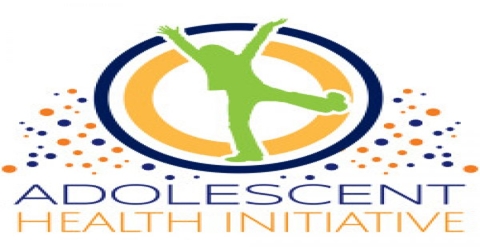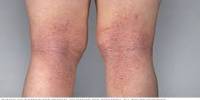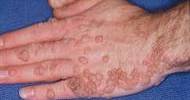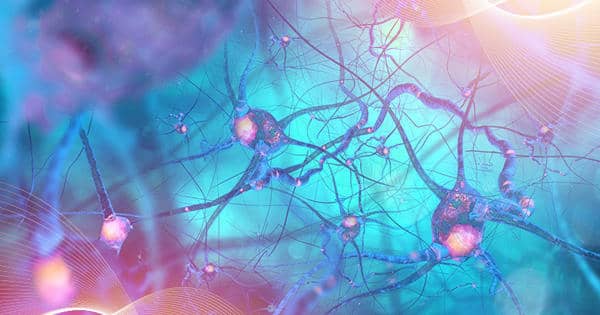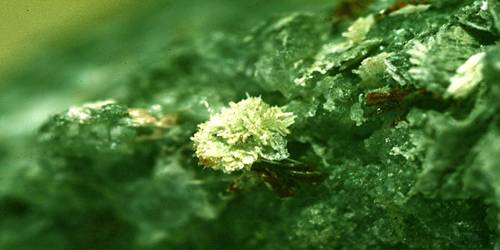Adolescence illustrates the young years between 13 and 19 and can be considered the intermediary stage from childhood to maturity. However, the physical and psychological changes that arise in adolescence can initiate earlier, during the preteen (ages 9 through 12).
In addition, numerous severe diseases in adulthood have their extraction in adolescence. For example, tobacco use, sexually transmitted infections including HIV, poor eating and exercise habits, lead to illness or early death later in life.
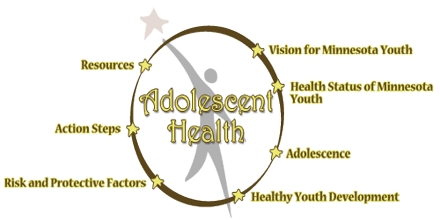
Key facts
- An estimated 1.3 million adolescents died in 2015, mostly from avoidable or treatable causes.
- Road traffic injuries were the leading reason of death in 2012, with some 330 teenagers dying every day.
- Other major causes of adolescent deaths include HIV, suicide, lower respiratory infections and interpersonal aggression.
- Worldwide, there are 49 births per 1000 girls aged 15 to 19 per year.
- Half of all mental health disorders in adulthood start by age 14, but most cases are undetected and untreated.
Promoting hale and hearty practices during adolescence, and taking steps to better defend young people from health risks are dangerous for the avoidance of health problems in adulthood, and for countries’ future health and social infrastructure.
Adolescent Health Problems
Bodily health problems occurring during adolescence can frequently make difficult adolescent growth. Illness, injury, medical treatments, hospitalization, and surgery can all exaggerate concerns about physical emergence, hinder with efforts to grow sovereignty, and dislocate changing relationships with parents and friends. Also, adolescent developmental issues may complicate a teenager’s aptitude to cope with illness and comeback to treatment.
While some of these youth have to cope with supplementary physical and mental disabilities as a result of their major illness, all of them have to deal with the psychological consequences of their situation.
The major focus of adolescent medication involves addressing the medical and treatment needs of the adolescent’s illness, situation, or injury. Harmonizing to this, adolescent medicine also anticipates and assesses developmental complications connected with the health care needs of the definite medical difficulty. Doctors and other health care providers in adolescent medicine assist teenagers and their families in developing strategies to deal with developmental issues and the complications and conflicts that may erupt between illness, treatment, and developmental needs.
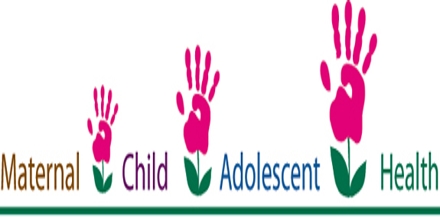
Adolescent health problems and injuries include:
- Acne
- Asthma
- Diabetes
- Menstrual disorders
- High blood pressure
- Periodontal disease
- Scoliosis
When Would an Adolescent Need Inpatient Care?
Many young people have experienced important life trauma that contributes to low self-esteem, poor peer associations, complexity taking direction, and problem making victorious life transitions. With or without these hurdles, an adolescent can be in crisis due to any number of mental health or behavioral problems caused by, or related to:
- Depression
- Threatened or attempted suicide
- Self-harming behaviors
- Chemical dependence
- Bipolar Disorder
- Severe Anxiety Disorders such as Obsessive Compulsive Disorder (OCD)
- Post-traumatic stress disorder (PTSD)
- Eating Disorders
- Anger Management problems.
